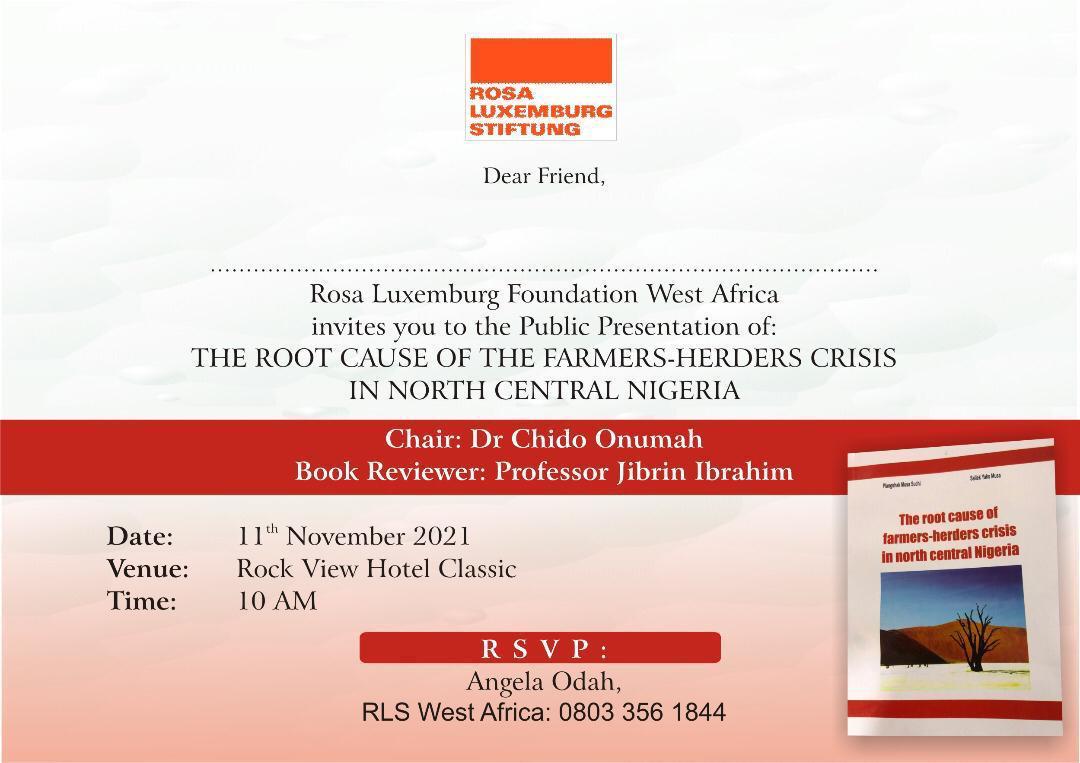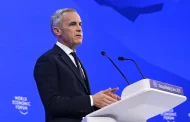Nigeria’s reflective centres of power – academia, researchers, the media, the conflict management community and the civil society – are converging on Abuja for a book presentation drawing that much of attention obviously because it is dealing with the site of unspeakable struggle for power in recent Nigerian politics. As such a major dimension of Nigerian politics, the herders-farmers conflict is permanently a subject of the question of what causes it, both within and outside the diverse stakeholders.
This publication contributes to that question and from an interpretivist research technique. It joins many other publications on the subject matter but can still claim a distinctive point of departure on that note. Its graphic of interviewees on page 22 has obviously given the publication a rich harvest of discursive data that may not be typical of a lot of previous works on the topic. Why a mass of discursive data informed by interpretivist ontology as declared by the researchers supported a conclusion derived from a structuralist analysis of Nigeria is the little dark patch that might come up about the publication. Otherwise, there is a powerful synthesis of the degree of destruction occasioned by the conflict, the different explanations of it in the works reviewed and the very conclusion the authors drew.
What we might make of all of these is/are what the audience will be hearing from the book reviewer at Thursday’s gathering this week – November 11th, 2021. Interestingly, the audience is in the hands of reviewer – Prof Jibrin Ibrahim – who is at home with the subject matter, academically and in terms of activist trajectory.
No book has a meaning outside of what its reviewer says, the audience talk back and how the publishers go about articulating that totality. And no book has a once and for all interpretation or meaning. But every book embody some discursive power, depending on which interpretation of it becomes dominant or consensual. To that extent, this could be a book on the march, not just for the authors or for Rosa Luxemburg Foundation – the international NGO behind it but also for the hapless victims of the current ‘violent turn’ in Nigeria!




























